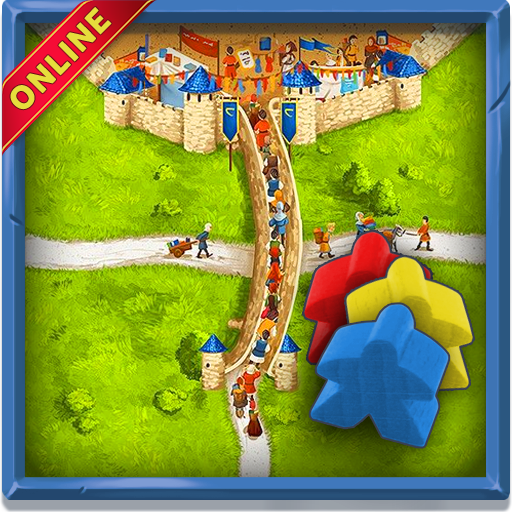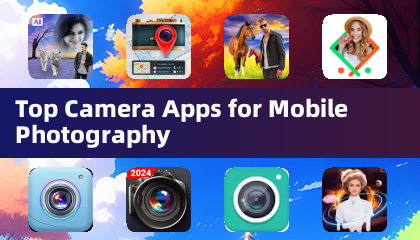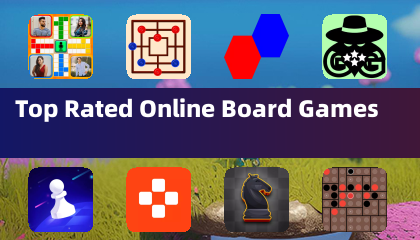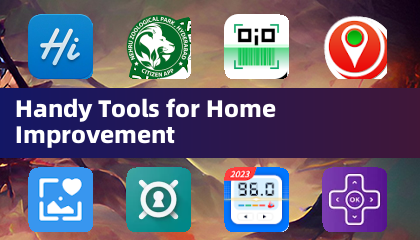
Epic Games CEO Tim Sweeney has detailed the company's next big steps, which includes building the next-generation Unreal Engine 6 as part of its grander Metaverse project plans.
Epic's Roblox, Fortnite Metaverse Planned Along With Unreal Engine 6
Epic CEO Tim Sweeney Wants an Interoperable Metaverse and Interoperable Economy
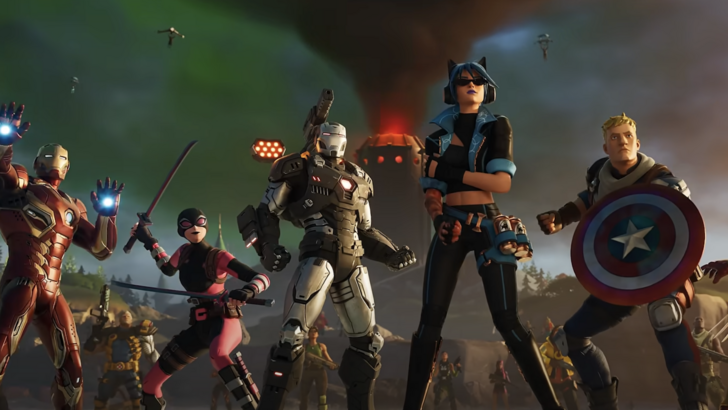
In an interview with The Verge, Epic Games CEO Tim Sweeney has revealed the company's next massive undertaking. Sweeney detailed his plans for an interoperable "metaverse" that will make use of the marketplace and assets of the biggest games which makes use of their Unreal engine, such as Fortnite, Roblox, and other Unreal Engine games and related projects.
Sweeney told The Verge that Epic is now financially capable enough to actualize these plans for the rest of the decade. "We have a very robust amount of funding relative to pretty much any company in the industry and are making forward investments really judiciously that we could throttle up or down as our fortunes change," he explained. "We feel we’re in a perfect position to execute for the rest of this decade and achieve all of our plans at our size."
Epic's next steps will involve its high-end development tools, Unreal Engine, along with the Unreal Editor for Fortnite—essentially, somewhat of a super-frankenstein Unreal Engine 6 that combines the two together, which Epic hopes to achieve in a span of several years. "The real power will come when we bring these two worlds together so we have the entire power of our high-end game engine merged with the ease of use that we put together in [Unreal Editor for Fortnite]," Sweeney said. "That’s going to take several years. And when that process is complete, that will be Unreal Engine 6."

According to Sweeney, the planned Unreal Engine 6 will let developers—AAA game developers and indie game developers alike—"build an app once and then deploy it as a standalone game for any platform," which opens the doors for an interoperable metaverse that make uses of these content and "technology base."
Sweeney further explained, "We announced that we’re working with Disney to build a Disney ecosystem that’s theirs, but it fully interoperates with the Fortnite ecosystem. And what we’re talking about with Unreal Engine 6 is the technology base that’s going to make that possible for everybody. Triple-A game developers to indie game developers to Fortnite creators achieving that same sort of thing."
However, Sweeney said that it hasn't initiated "those sorts of discussions" with Roblox and Minecraft owner Microsoft yet, "but we will, over time," he added. "The whole thesis here is that players are gravitating towards games which they can play together with all their friends, and players are spending more on digital items in games that they trust they’re going to play for a long time," Sweeney said, detailing a revenue sharing model he hopes to lobby.
"If you’re just dabbling in a game, why would you spend money to buy an item that you’re never going to use again? If we have an interoperable economy, then that will increase player trust that today’s spending on buying digital goods results in things that they’re going to own for a long period of time, and it will work in all the places they go."
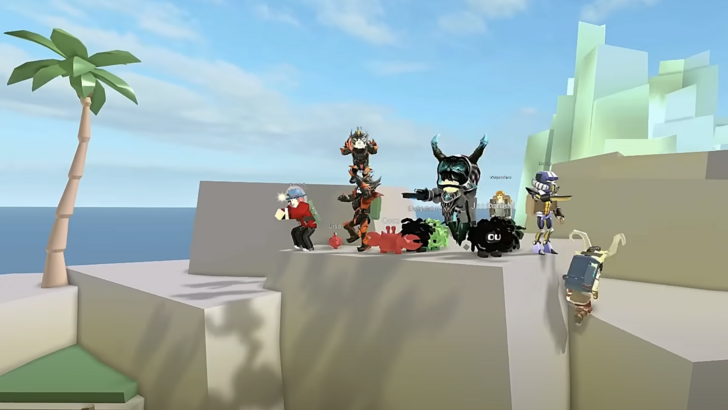
Epic EVP Saxs Persson said in congruence, "There’s no reason why we couldn’t have a federated way to flow between Roblox, Minecraft, and Fortnite. From our perspective, that would be amazing, because it keeps people together and lets the best ecosystem win."
"We’re trying to invent something. We’re just trying to broaden something that we already see today in Fortnite. That’s all we’re doing really is doubling down on the things that we know are successful today. That’s what Tim is saying," Persson said in an older interview with The Verge where the execs explained how this metaverse might practically work.
Persson added, "If you play with your friends, if you have more choice, you stay longer, play more, you enjoy your time more. The formula is pretty simple." As Sweeney explained, "in the game business, there are enough ecosystems and publishers with their own ecosystems that there isn’t any chance of one company just totally dominating them all, as has happened in smartphones."











